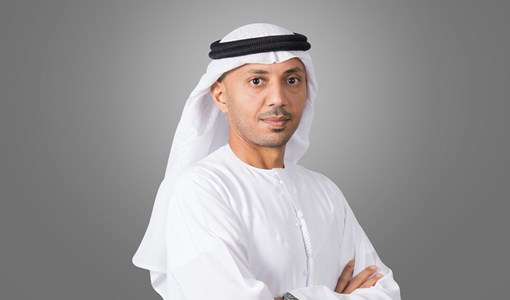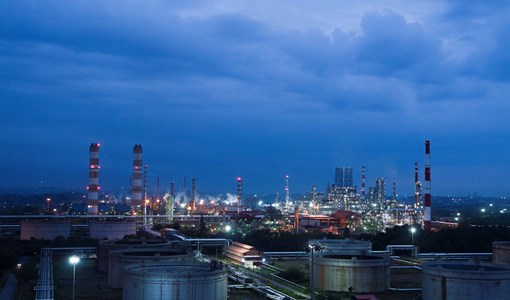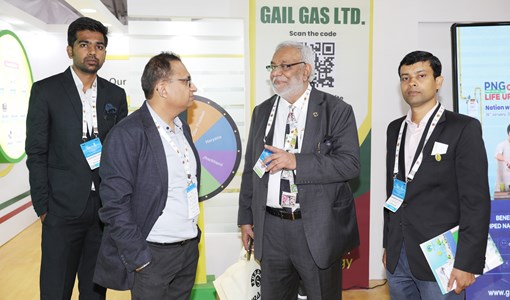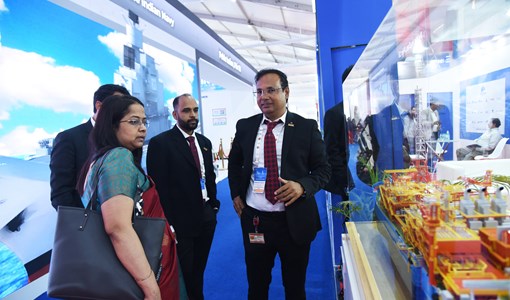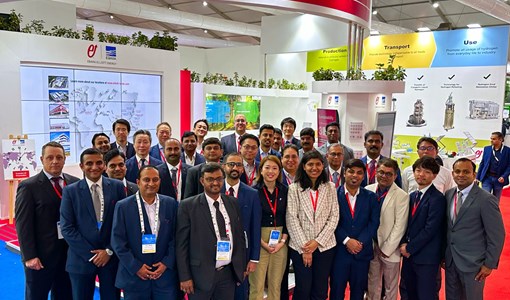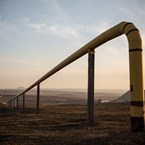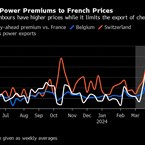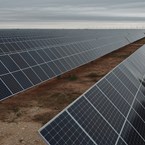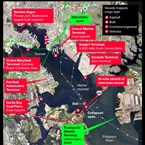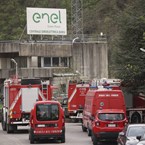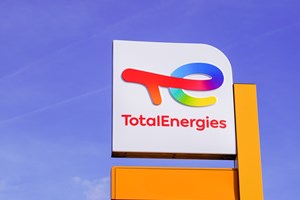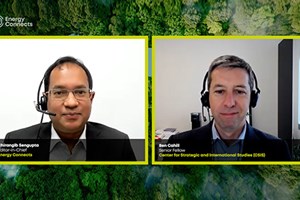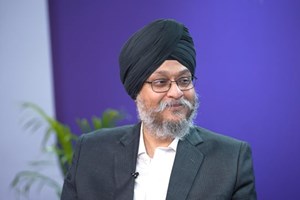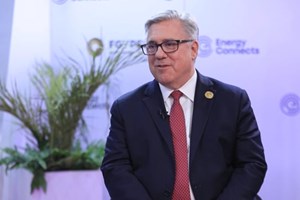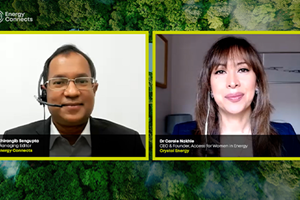Blockchain enables automation with legal certainty
Rana Basu, COO of Ondiflo speaks to Pipeline Magazine’s Nadia Saleem about blockchain in the oil and gas industry and the company’s new automation project
Ondiflo, launched in February 2018, focuses on two solutions: a platform for all ticketing-based services and consortium building between oil and gas stakeholders. Its blockchain-based ticketing solution aims to address the inefficiencies in reconciliation with radical data transparency. Additionally, Ondiflo is seeking to automate the reconciliation process by connecting tank-level gauge readings with flow meters on tanks or trucks and with meters on disposal sites.
Ondiflo has been working with a major oil and gas company to connect wells onto a blockchain platform to record transactions. So far, it has connected 50 wells and recorded more than 5000 transactions on the platform – an unprecedented feat in the oil and gas industry, according to Rana Basu.
“Our first platform has gone live with five companies in the field services in East Texas. We’re recording 150 transactions per day on the blockchain platform, in parallel with their legacy systems,” he said. Launched early April, the recorded transactions have reached over 2500 which were fully automated and required no further manual interventions in the order to cash process.
The company first worked to establish the ‘Proof of Value’ (PoV) – where sufficient transactions are recorded on the platform to calculate the value brought forth for each of the companies that have separate and different IT eco-systems. Ondiflo worked with the companies to integrate their field systems and showed them how blockchain enabled automation that also comes with legal certainty.
“We use the immutability of blockchain to provide legal certainty to thousands of transactions on the platform. It shows we can automate 2,500 transactions, and retire certain systems. It’s a combination of IOT- sensors, which we are connecting to blockchain,” Basu said.
Ondiflo is speeding up the adoption of blockchain, having trained five people in the five companies it is working with, who have spread it to others, tallying up the total to 90 people and growing.
The company is looking at the downstream sector and bunkering as next steps and also at services like other fluid hauling.
“The bunkering process is very manual and we’re looking to see if we can bring in automation with legal certainty,” he said. “We are using blockchain for what it is good for, which is the legal immutability for enforcing transactions. How the companies will benefit from it, is by automation and certainty, where transactions become smoother.”

After building a case by seeing how many people are required to execute a task, blockchain transactions can help calculate how many will be required if the process is automated, to help reduce headcount and even reducing the use of other process systems.
“By proof of value, we are calculating costs by being realistic on what you can do by simplifying it – reducing the time on each task or transaction for multiple roles in the process and eliminating duplicative steps,” he explained.
Within the oil and gas industry, in order to get transactions on blockchain and then to automate the process, the challenge in the field is essentially a data science problem. The quality of data being collected from the field requires a good accuracy level, which sees an impact from different time intervals. ‘We ran sensitivity analysis to different frequencies of data to optimise the cost of data egress for peering with the cost of data collection and transmission with existing field sensors and historian databases’
“One of the key elements of PoV, is the data science; how can we train our model when there is less than perfect data, and how can we revert back to manual from automation for device failure or natural disasters etc.,” Basu said.
Currently, the company is investing in data egress cost that doesn’t impact the end user. Meanwhile, investment cost by companies is limited because Ondiflo has developed a mobile application and all of its R&D cost is built into it, while making sure the infrastructure can be scaled up. Participating companies can use the shared cloud Ondiflo so they don’t have to build their own.
After the Proof of Value, which requires collecting a sufficient number of transactions on blockchain with a good level of data accuracy and establishing the economics for each participant, Ondiflo is now in the production lab phase.
“To get the completeness of script, its complicated to gather data on the impact from events like natural disasters which you can’t plan for. So, for the next four months, we are calling it the production lab, where automation function is tested against fail safes. This is important because you can’t go back to manual easily once you’ve automated operations,” Basu said.
Ondiflo started as a joint venture between ConsenSys — a global blockchain solutions provider — and Amalto — a B2B integration leader for the oil and gas industry. The venture aims to provide bespoke, enterprise-grade blockchain solutions to oil and gas companies in the upstream, downstream, and midstream segments.
________
Blockchain is a write-once database of blocks or unique and cryptographically secure transactions by verified participants that establish a shared truth
________
Middle East blockchain developments
* In May, Data Gumbo Corp., a Houston-based technology company that has developed a Blockchain-as-a-Service (BaaS) platform to streamline smart contracts management for industrial customers, completed a US$6 million equity funding round co-led by Saudi Aramco Energy Ventures, the venture subsidiary of Saudi Aramco, and Equinor Technology Ventures, the venture subsidiary of Equinor, Norway’s leading energy operator.
* In Dec. 2018, ADNOC revealed plans to collaborate with IBM to pilot a blockchain-based automated system to integrate oil and gas production across the full value chain from the well to the end-consumer
KEEPING THE ENERGY INDUSTRY CONNECTED
Subscribe to our newsletter and get the best of Energy Connects directly to your inbox each week.
By subscribing, you agree to the processing of your personal data by dmg events as described in the Privacy Policy.
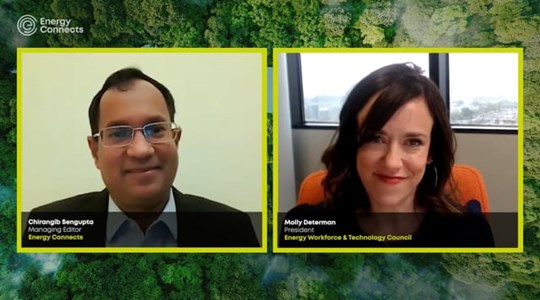
Energy Workforce helps bridge the gender gap in the industry
Mar 08, 2024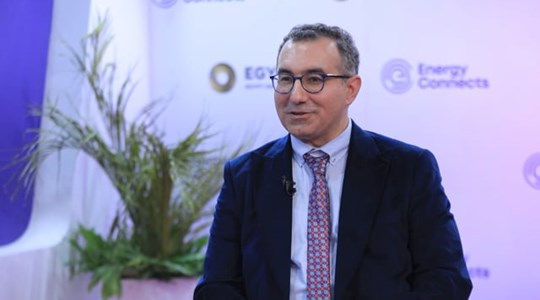
EGYPES Climatech champion on a mission to combat climate change
Mar 04, 2024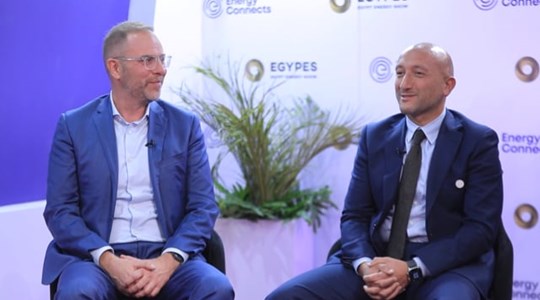
Fertiglobe’s sustainability journey
Feb 29, 2024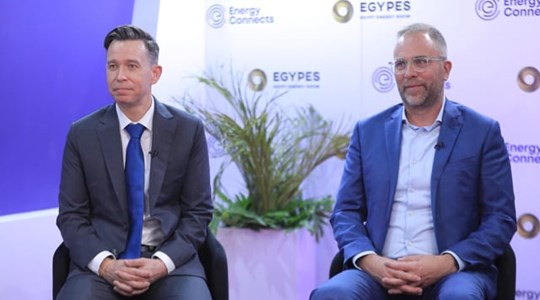
P&O Maritime Logistics pushing for greater decarbonisation
Feb 27, 2024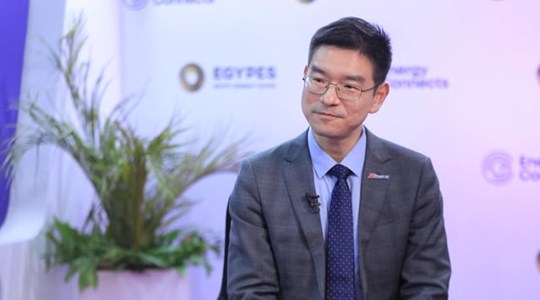
Neway sees strong growth in Africa
Feb 27, 2024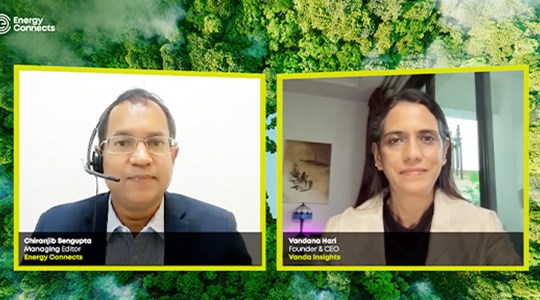
India’s energy sector presents lucrative opportunities for global companies
Jan 31, 2024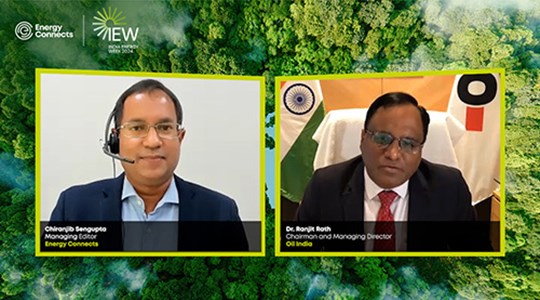
Oil India charts the course to ambitious energy growth
Jan 25, 2024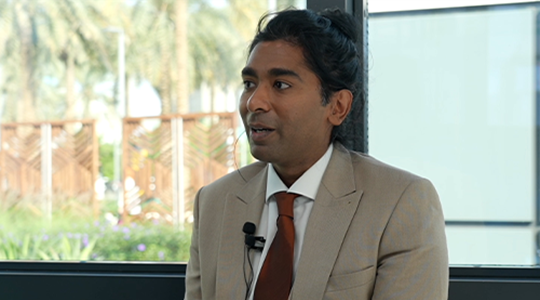
Maritime sector is stepping up to the challenges of decarbonisation
Jan 08, 2024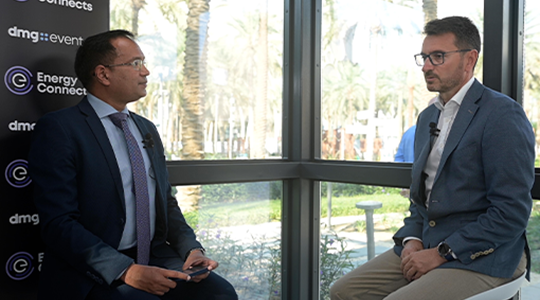
COP28: turning transition challenges into clean energy opportunities
Dec 08, 2023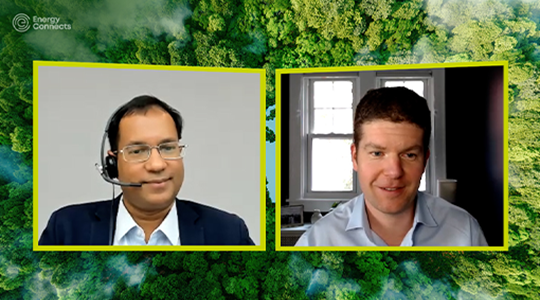
Why 2030 is a pivotal year in the race to net zero
Oct 26, 2023Partner content

Ebara Elliott Energy offers a range of products for a sustainable energy economy
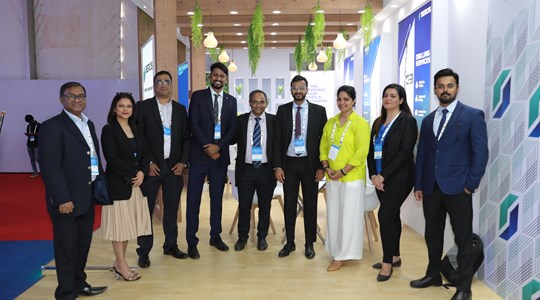
Essar outlines how its CBM contribution is bolstering for India’s energy landscape
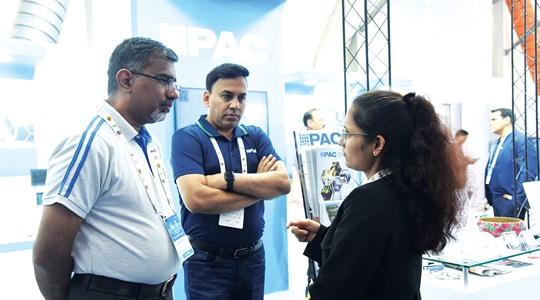
Positioning petrochemicals market in the emerging circular economy
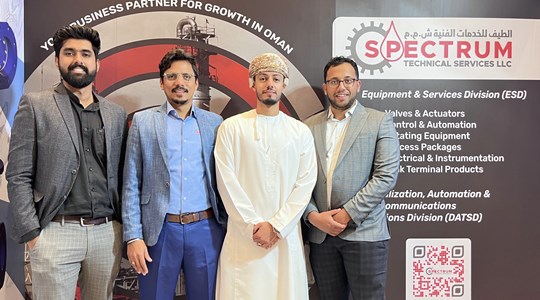
Navigating markets and creating significant regional opportunities with Spectrum




